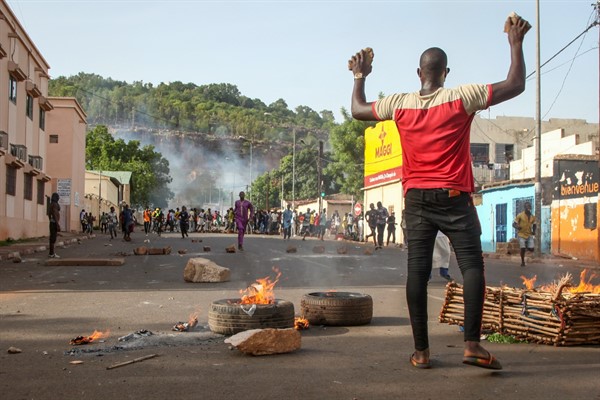Editor’s Note: Guest columnists Louise Riis Andersen and Richard Gowan are filling in for Stewart Patrick this week.
Since it began to spread rapidly earlier this year, the coronavirus pandemic has had a visible impact on United Nations peacekeeping operations. Peacekeepers have practiced social distancing, minimized interactions with local populations and tried to help fragile states handle the disease. Yet the long-term economic and political consequences for peacekeeping look like they will be more severe.
COVID-19 has the potential to increase instability in fragile states, including those where the Blue Helmets are deployed, just as Security Council members and the main contributors to the U.N. budget are facing a global recession. These converging challenges have the potential to reshape U.N. crisis management, although whether and how they end up doing so remains uncertain.

